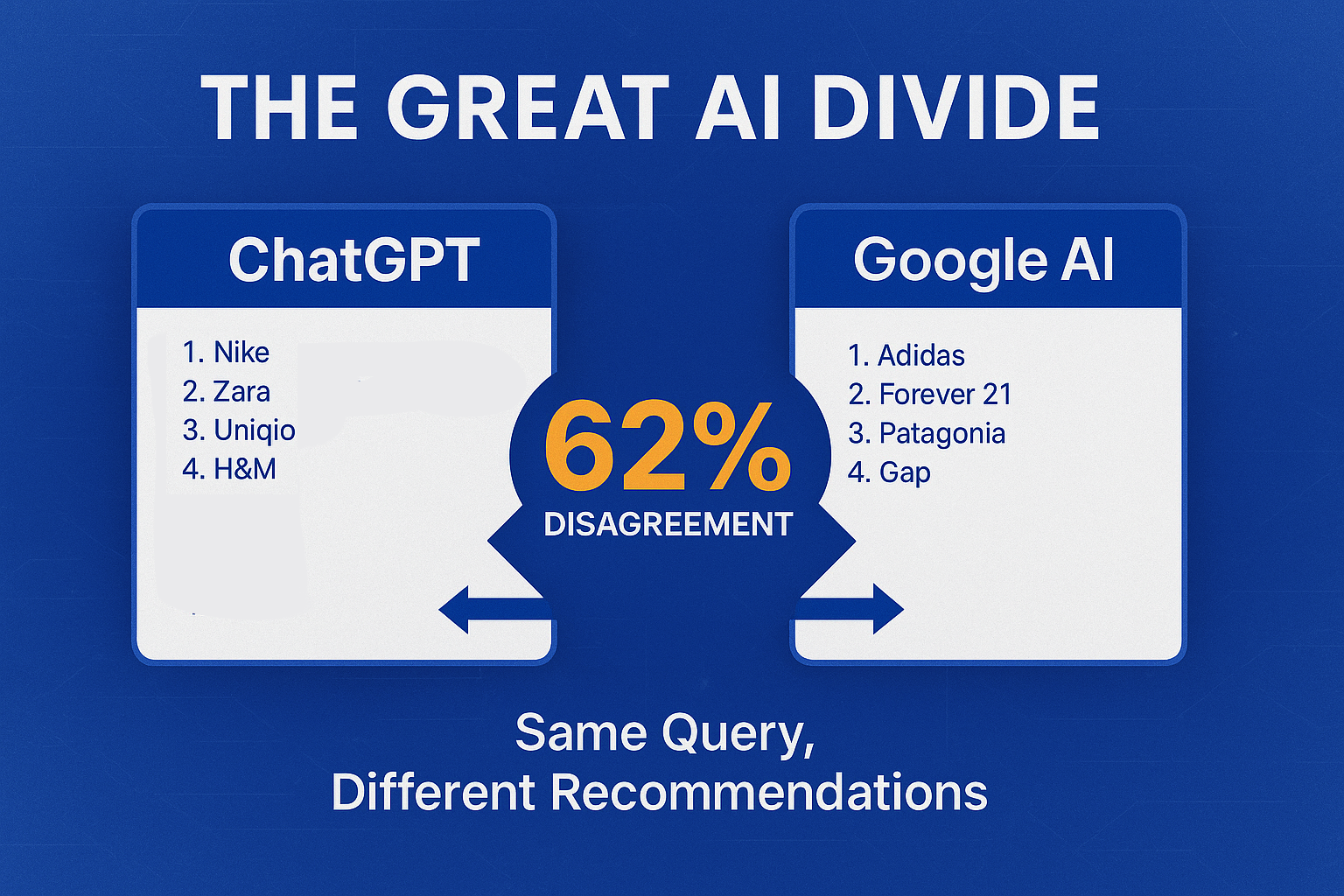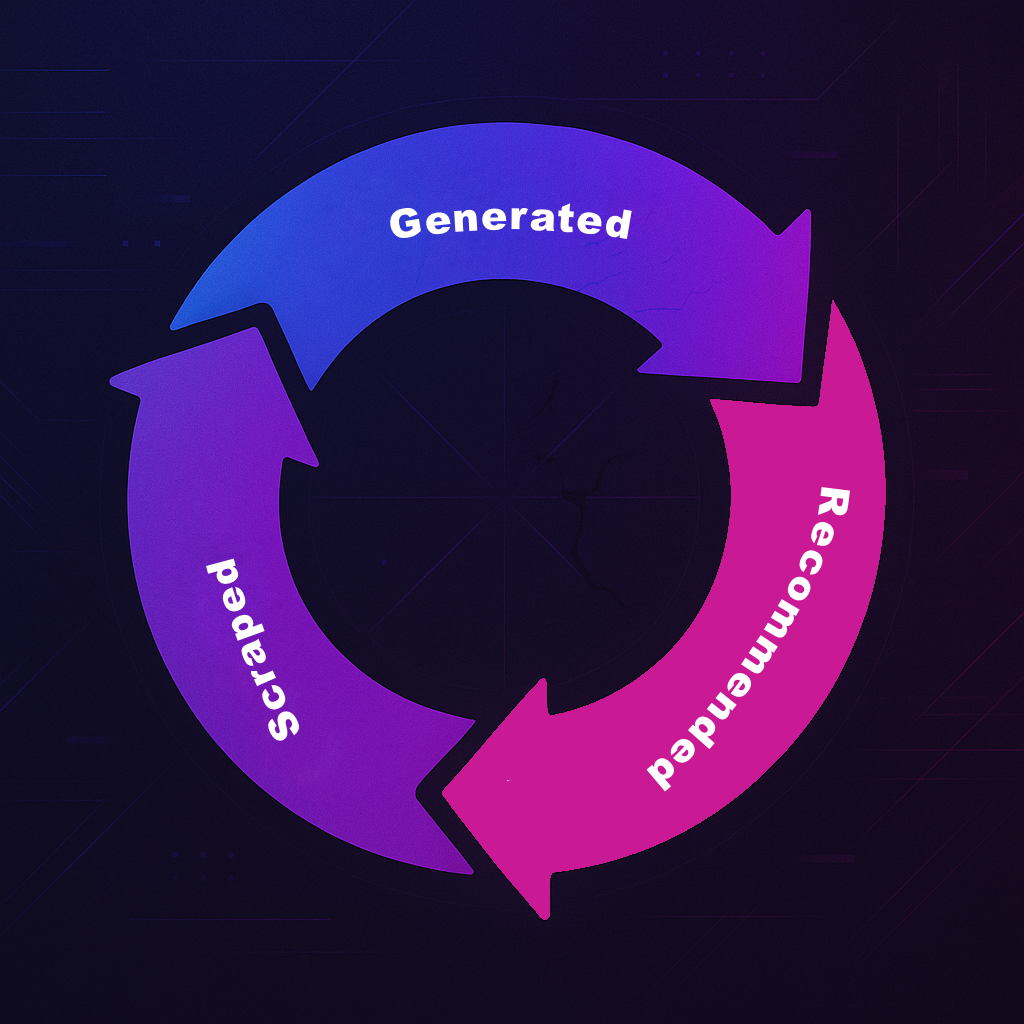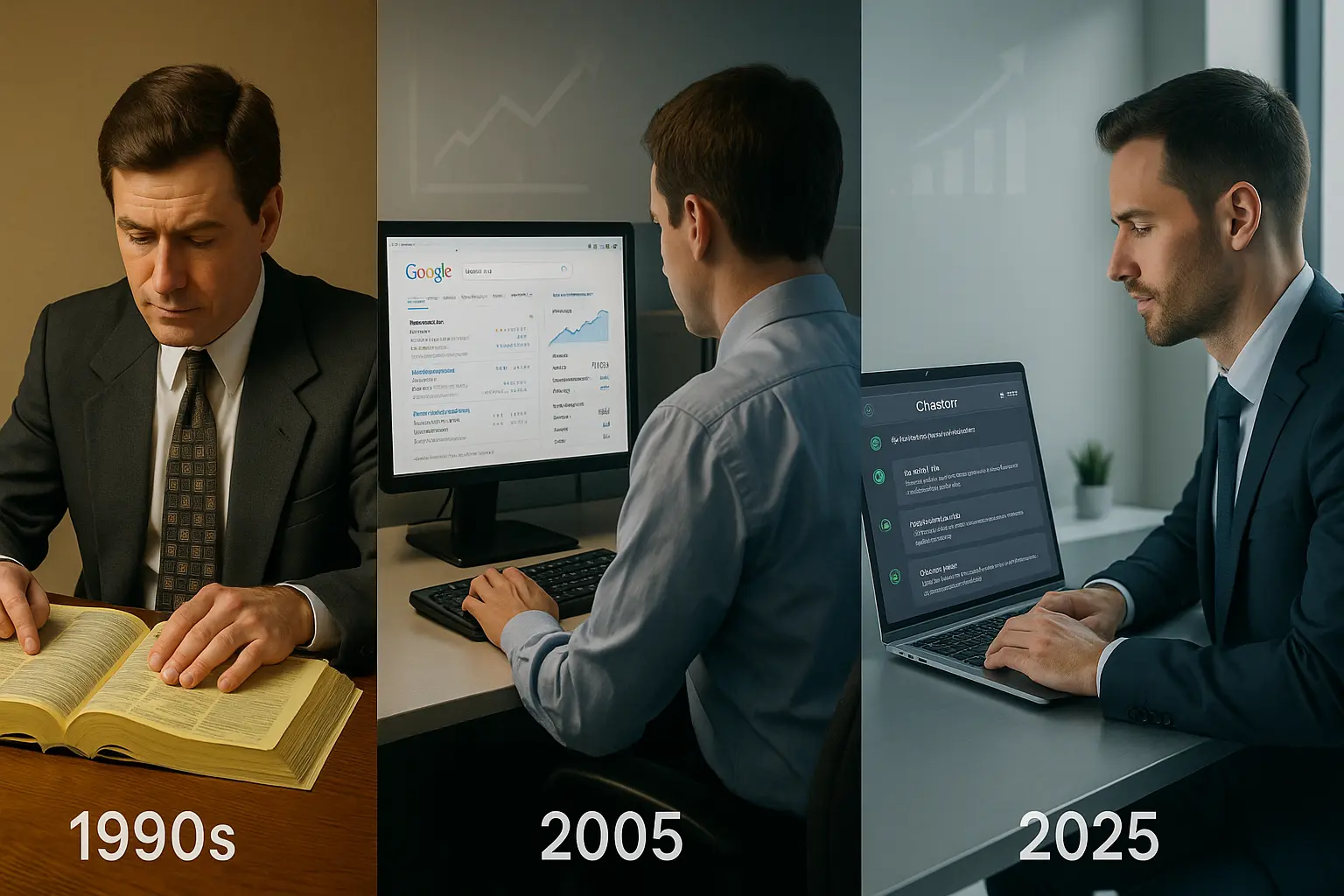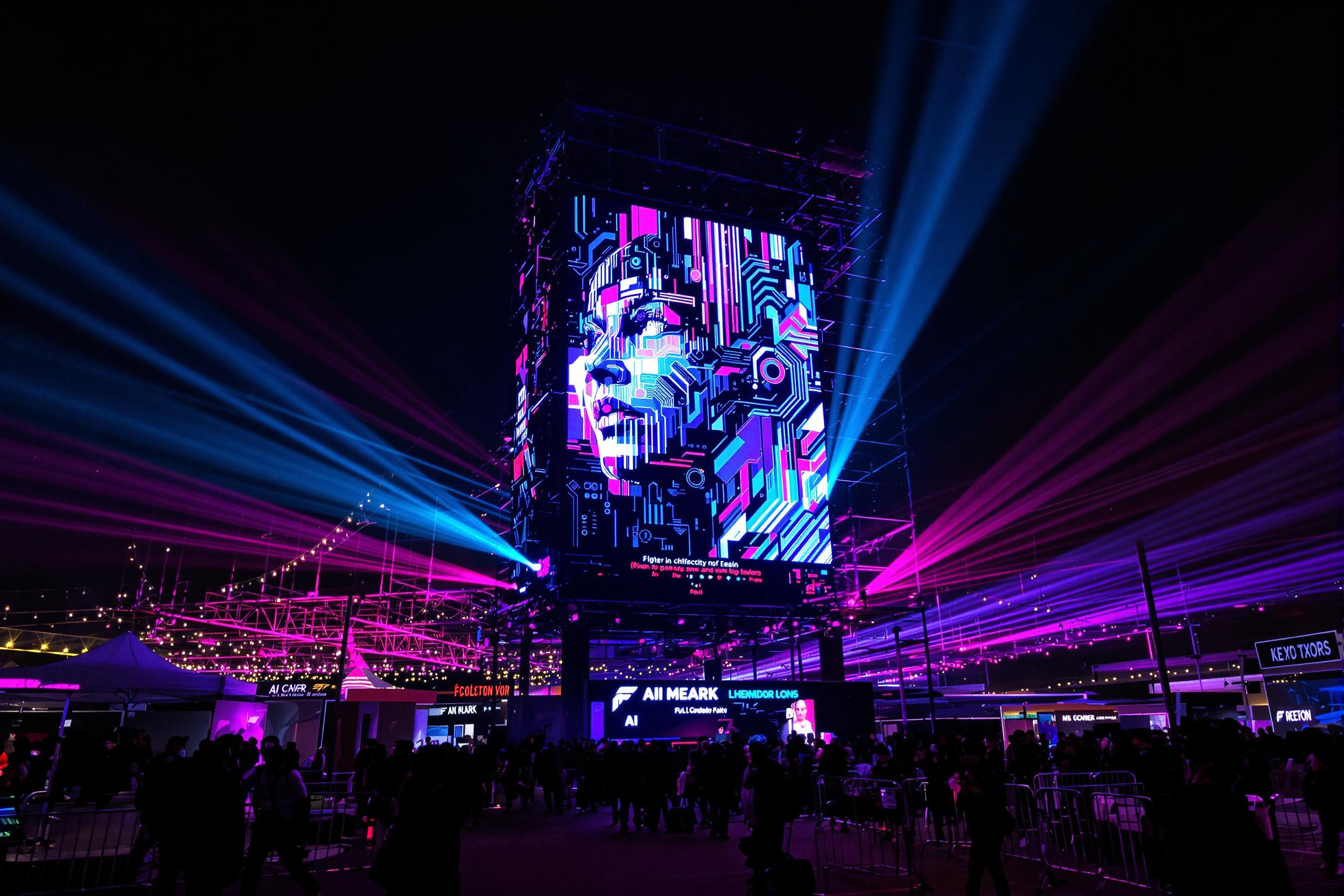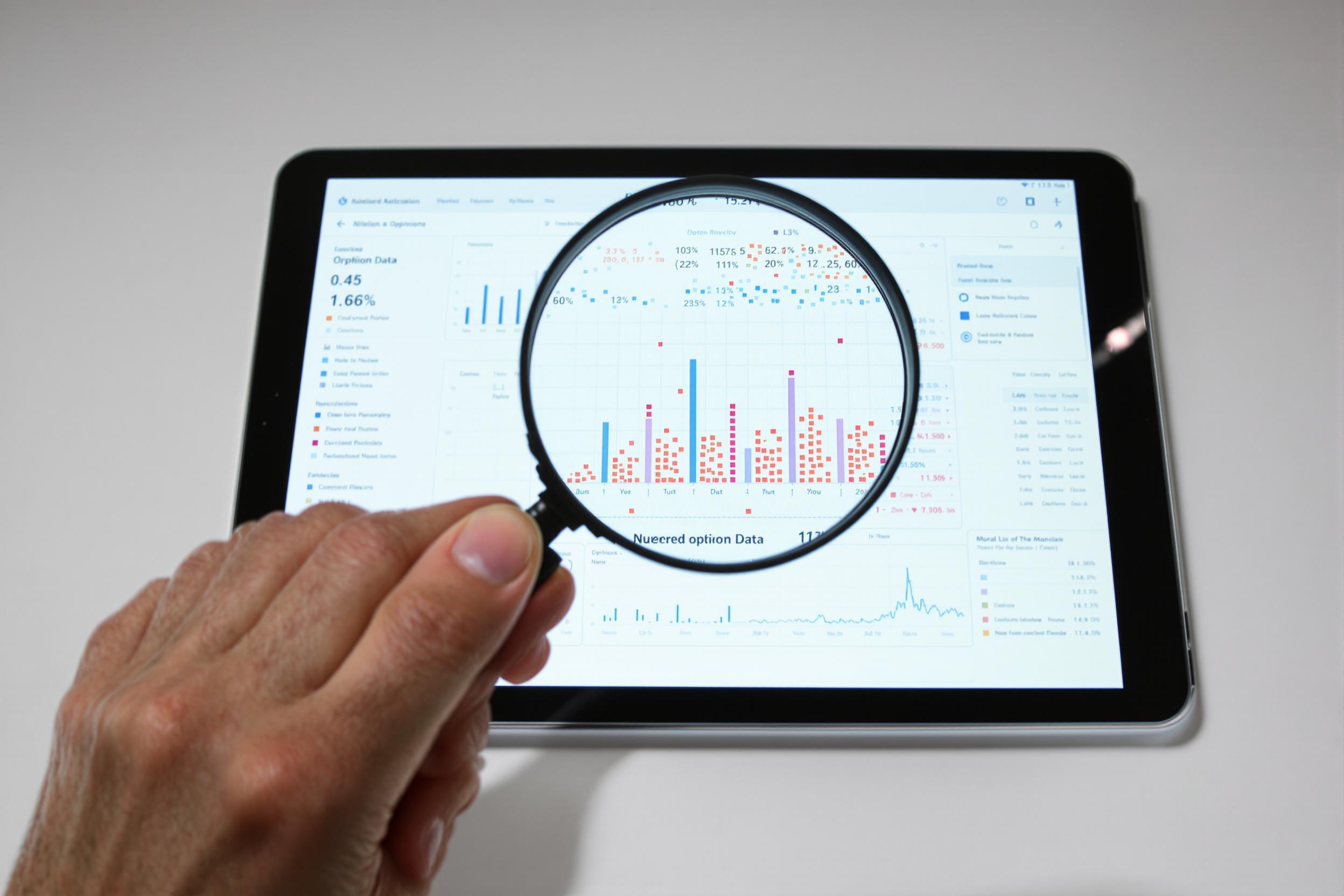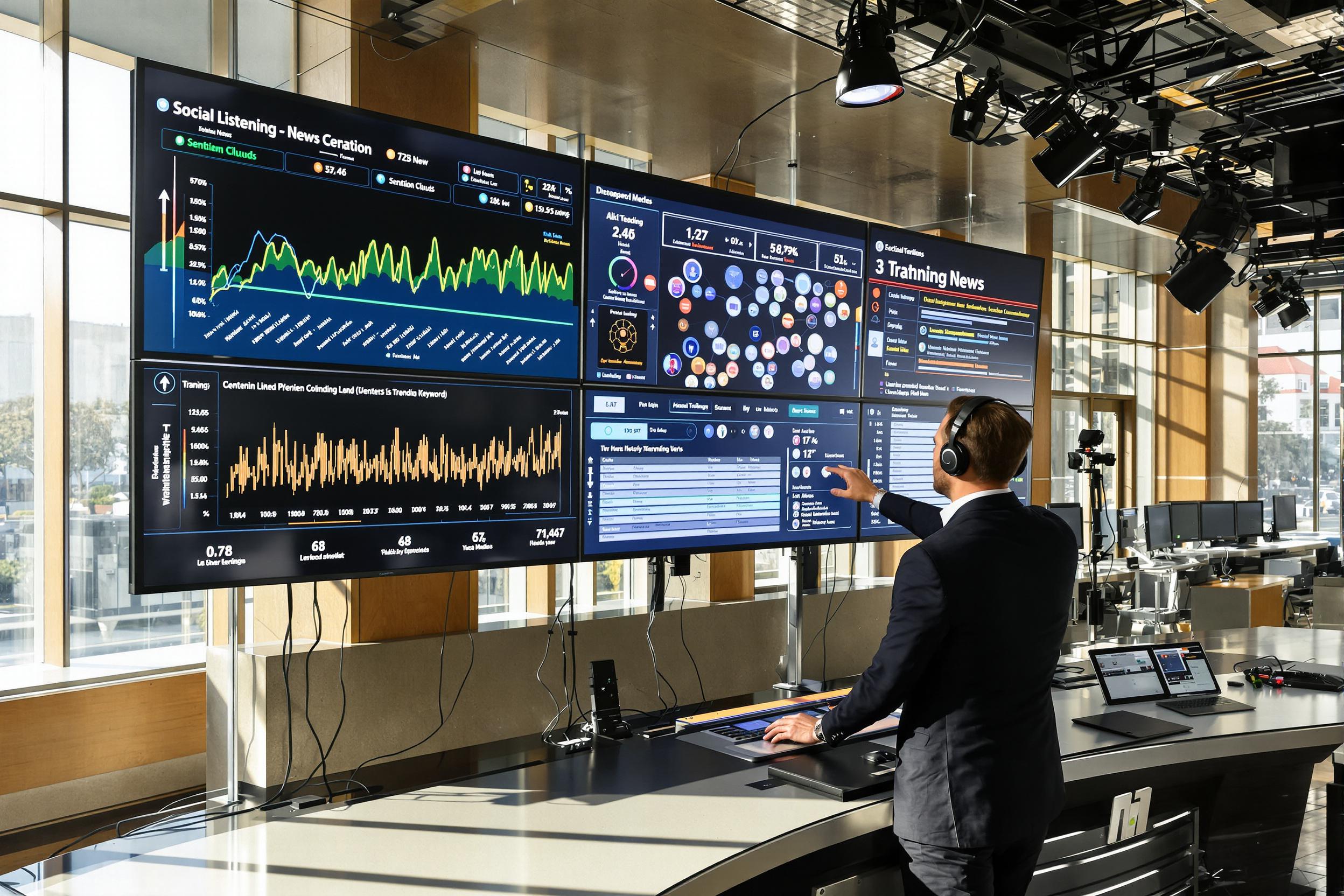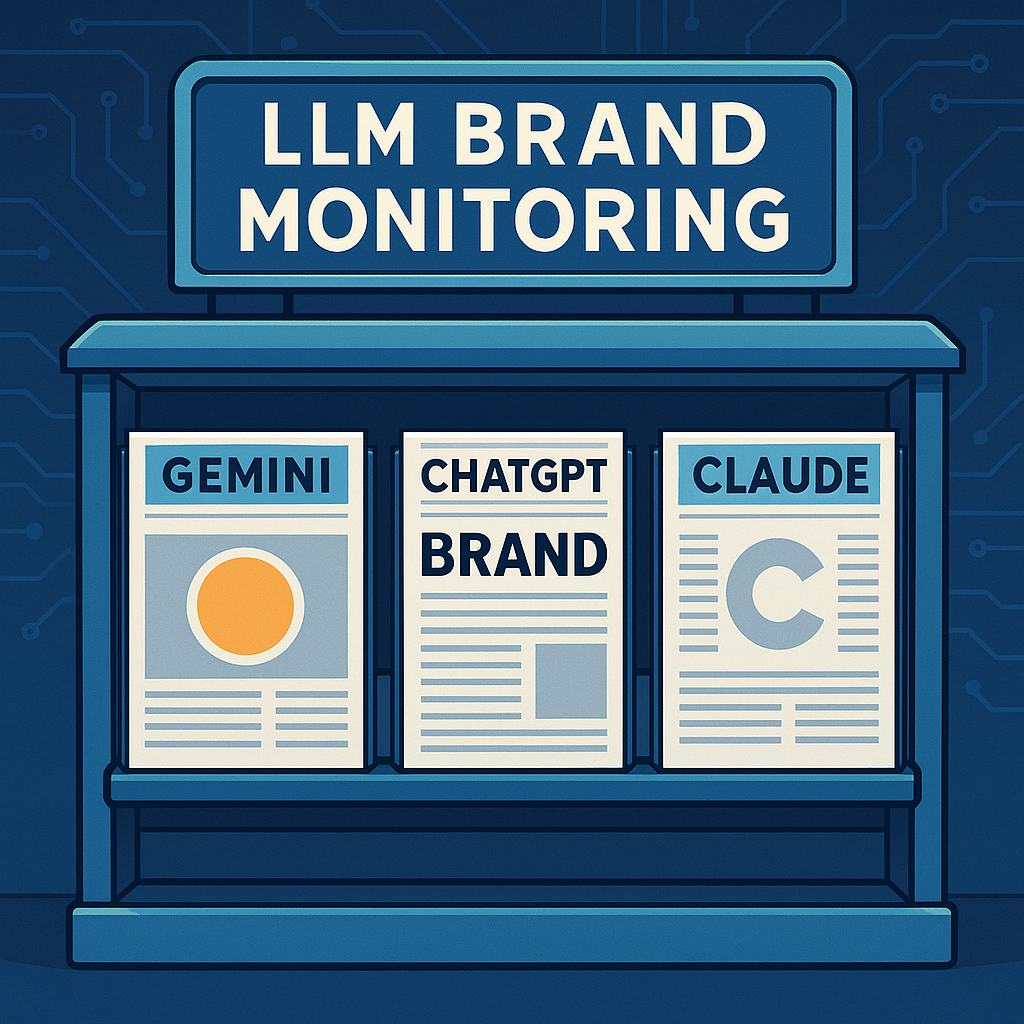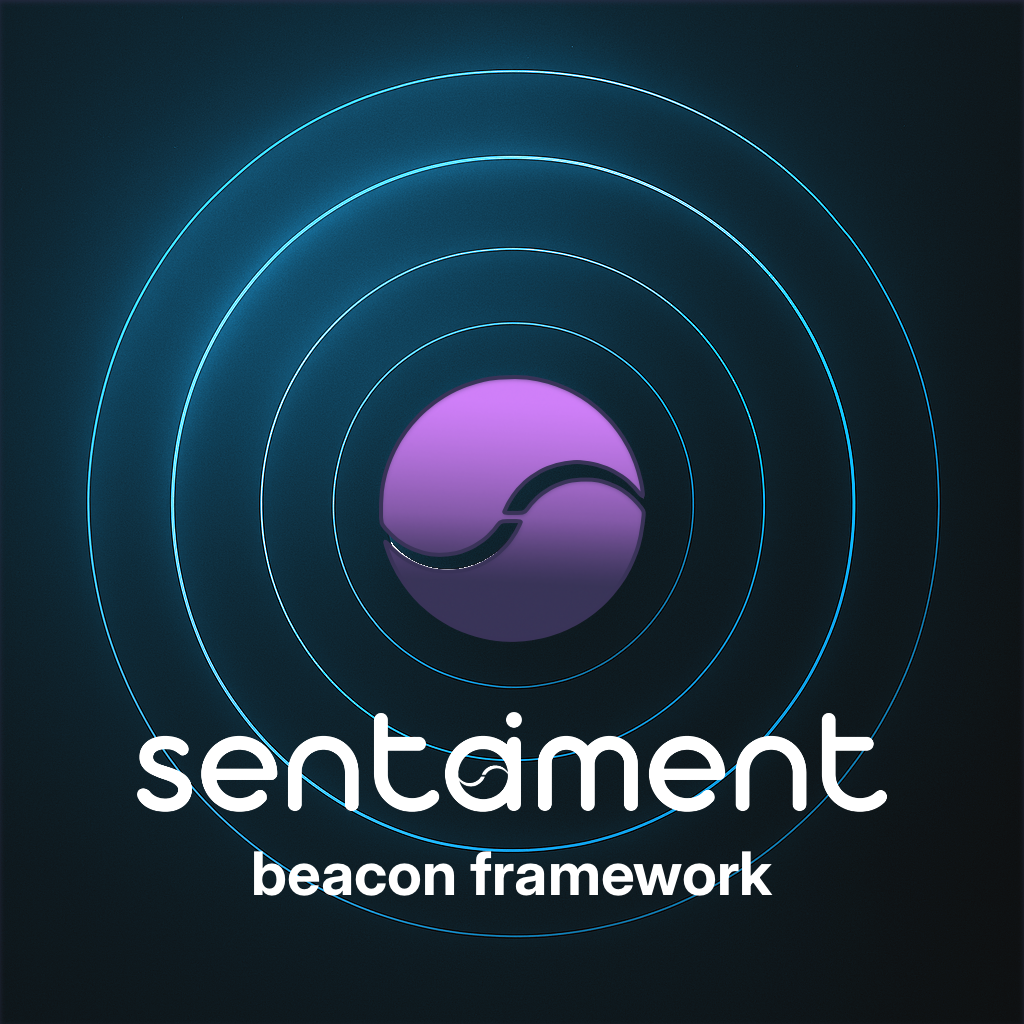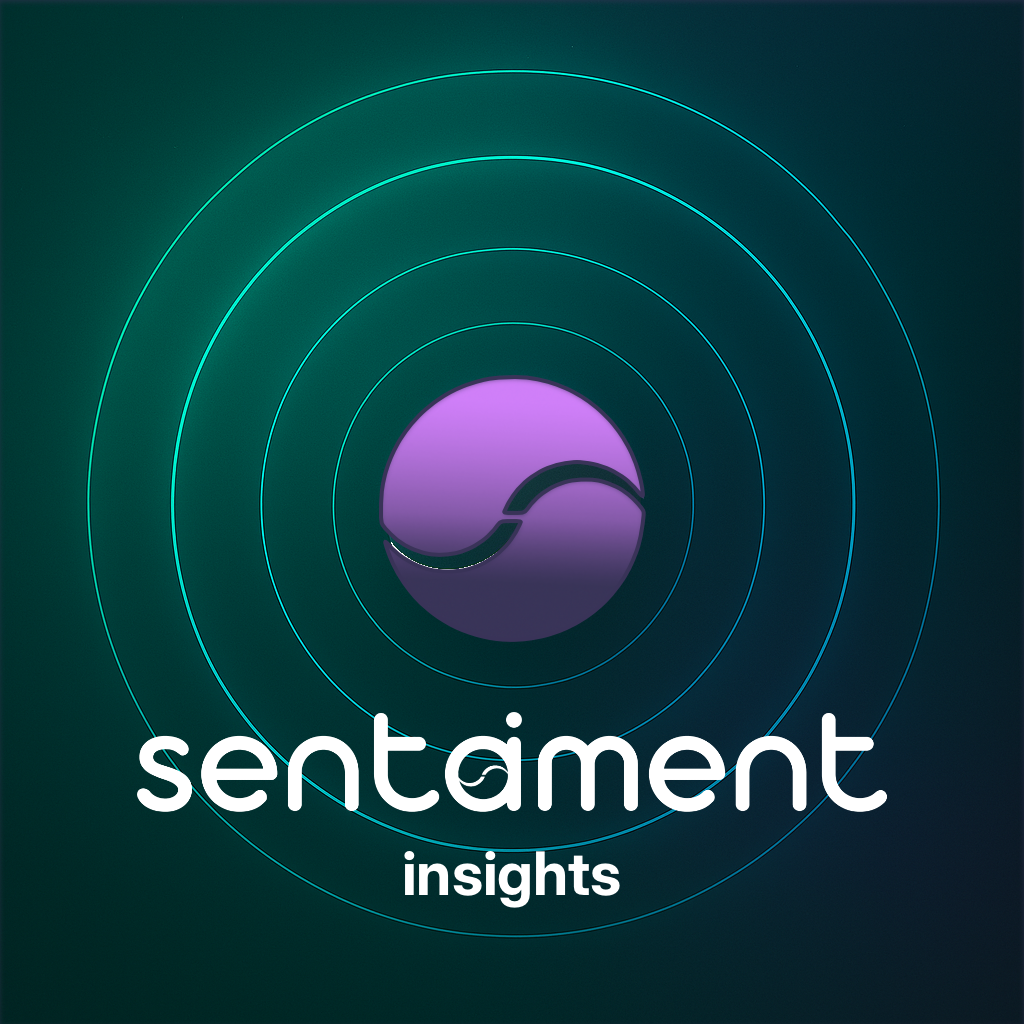Your clients' brand narratives are being shaped by algorithms 24/7. Are you watching?
The Question That Should Keep You Awake at Night
When was the last time you Googled your biggest client's brand? Now ask yourself this: when was the last time you asked ChatGPT about them?
If you're like most agency professionals, the answer to the second question is "never" or "rarely." And that's a problem because AI is now telling your clients' brand stories millions of times per day, whether you're part of the conversation or not.
The Silent Brand Narrator
Right now, while you're reading this, AI models are fielding thousands of queries about your clients:
"What's the best sustainable fashion brand?" "Which fintech company has the strongest security record?" "Who leads innovation in the automotive space?" "What are the most trustworthy healthcare companies?"
Each response shapes perception. Each answer builds or erodes brand equity. Each interaction either reinforces your carefully crafted positioning or completely undermines it.
The scary truth? Most agencies have zero visibility into how AI perceives and presents their clients' brands.
When AI Gets It Wrong (And It Does)
Recent research reveals some startling realities about AI brand representation. A December 2024 NielsenIQ study found that consumers intuitively identified most AI-generated ads, perceiving them as less engaging and more "annoying," "boring," and "confusing" than traditional ads.¹ These sentiments suggest that AI-generated content may create a negative halo effect that could dampen consumer perceptions of both the ad and the brand.
But the challenge goes deeper than just advertising. Research by Bynder found that 50% of consumers can correctly identify copy that is AI-generated.² This awareness creates a complex dynamic where brands must navigate not just what AI says about them, but how consumers perceive AI-mediated brand interactions.
The disconnect between agency positioning and AI perception can be stark and costly for brands.
The Agency Wake-Up Call
For agencies, this isn't just a brand monitoring issue. It's an existential business challenge:
Your Strategy Is Incomplete
You can craft the perfect campaign, nail the messaging, and execute flawlessly across traditional and digital channels. But if AI models aren't aligned with your strategy, you're building on quicksand.
Your Competitive Advantage Is Eroding
While you're focused on outmaneuvering other agencies, AI is quietly reshaping the competitive landscape. Brands that monitor and optimize their AI perception are gaining ground over those flying blind.
Your Client Relationships Are at Risk
When clients start asking why their carefully positioned brand isn't coming up in AI searches or why competitors are dominating AI-generated recommendations, where will that leave your agency relationship?
The New Reality: AI-First Brand Management
According to YouGov research, two-thirds (66%) of 18-24-year olds report that they ask AI models for brand, product and service recommendations.³ This represents a fundamental shift in how your clients' audiences discover and evaluate brands.
The brands winning in this new landscape aren't just creating great traditional campaigns. They're actively managing their AI presence with the same rigor they apply to SEO, social media, and PR.
This involves:
• Monitoring brand sentiment across multiple AI platforms
• Understanding perception gaps between human and AI audiences
• Optimizing content and positioning for AI interpretation
• Tracking competitive positioning in AI responses
• Measuring brand equity in AI-mediated interactions
Beyond Monitoring: Strategic AI Brand Intelligence
By 2025, it's estimated that there will be 750 million apps using LLMs, and AI startups account for 26% of all global VC funding.⁴ This massive investment signals that AI-mediated brand discovery isn't a future trend—it's today's reality.
At Sentaiment, we've worked with agencies managing some of the world's most valuable brands. What we've learned is that successful agencies don't just monitor AI perception—they actively shape it.
Our platform helps agencies:
• Benchmark client brands against competitors across all major AI models
• Identify perception gaps before they impact business outcomes
• Track sentiment trends in real-time across the AI landscape
• Generate actionable recommendations for AI optimization
• Demonstrate measurable value to clients through AI brand intelligence
The Agency Advantage: Stay Ahead of the Curve
According to SurveyMonkey research, 88% of marketers use AI in their day-to-day roles.⁵ Yet most are focused on using AI as a tool rather than understanding how AI perceives and represents their clients' brands.
The agencies thriving in this new landscape are those that help clients navigate AI brand management proactively, not reactively. They're the ones bringing AI brand intelligence to the strategy table, not scrambling to explain why their client's brand isn't showing up in AI recommendations.
They understand that in a world where AI increasingly mediates brand discovery and perception, traditional brand management is no longer enough.
Your Next Move
The question isn't whether AI will reshape your clients' brand narratives—it's already happening. Research from Gumshoe found that 51% of the articles cited by AI engines were published within the last 90 days, clearly showing they prioritise the most recent content when generating answers.⁶
Your clients trust you to protect and build their brand equity across all channels. In 2025, that includes the AI channels where their customers are increasingly turning for recommendations, research, and brand discovery.
Ready to see how AI currently perceives your biggest client? Take Sentaiment for a test ride and discover what their brand story really looks like in the AI landscape.
Sentaiment helps marketing agencies, PR firms, and communications teams monitor and optimize their clients' brand perception across all major AI platforms. Our enterprise-grade sentiment analysis provides the insights you need to stay ahead in an AI-first world.
References:
¹ NielsenIQ (2024). "Study Reveals Hidden Consumer Views on AI-Generated Ads." December 12, 2024. https://nielseniq.com/global/en/news-center/2024/niq-research-uncovers-hidden-consumer-attitudes-toward-ai-generated-ads/
² Bynder (2024). "AI vs Human-Made Content Study: How Consumers Interact with AI vs Human Content." April 2, 2024. https://www.bynder.com/en/press-media/ai-vs-human-made-content-study/
³ YouGov (2024). "AI's influence on consumer behavior study." Jellyfish, December 10, 2024. https://www.jellyfish.com/en-us/news/jellyfish-launches-the-share-of-model-platform/
⁴ Founders Forum Group (2025). "AI Statistics 2024–2025: Global Trends, Market Growth & Adoption Data." July 14, 2025. https://ff.co/ai-statistics-trends-global-market/
⁵ SurveyMonkey (2025). "AI In Marketing Statistics: How Marketers Use AI In 2025." https://www.surveymonkey.com/mp/ai-marketing-statistics/
⁶ MMC Ventures (2025). "AI Discoverability: How can I get ChatGPT to recommend my brand?" May 12, 2025. https://mmc.vc/research/ai-discoverability-how-can-i-get-chatgpt-to-recommend-my-brand/

